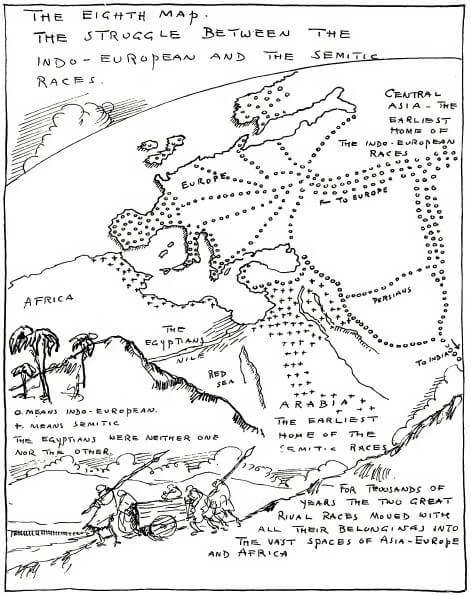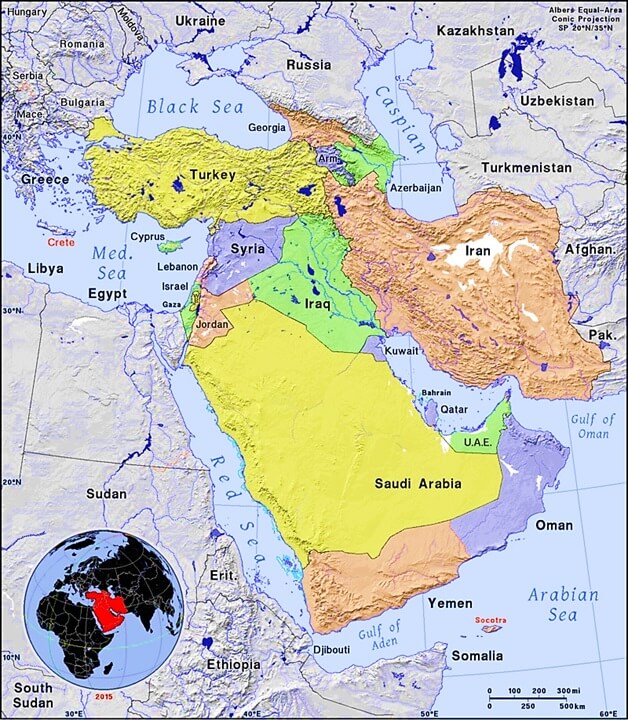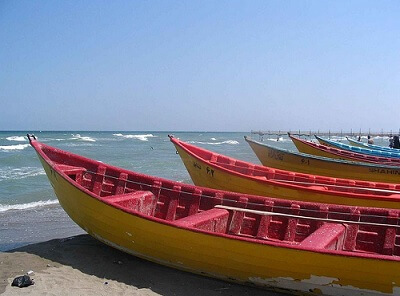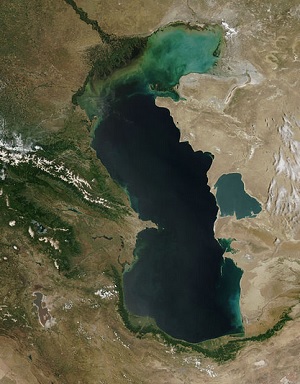 Ancient Man
Ancient Man
Ancient Man
Ancient Man


 Ancient Man
Ancient Man
Ancient Man
Ancient Man

Study the lesson for two weeks.
Over the two weeks:
Activity 1: Narrate the Chapter
Activity 2: Map the Lesson
Find locations related to the chapter and book.

Activity 3: View the Shore of the Caspian Sea
Examine the picture of the Caspian Sea shoreline and some boats.

Activity 4: View a Satellite Photo
A satellite is 'an artificial body placed in orbit around the earth or moon.' (Google define)
Study the picture of a satellite. Imagine it circling the earth, way up high beyond the clouds in outer space.
Now imagine the satellite taking pictures of the Earth.

See the satellite photo of the Caspian Sea, where the Indo-Europeans settled.
Think about how far we've come, from Ancient Man wearing bearskins and living the caves to launching satellites into space.

Activity 5: Complete Coloring Pages, Copywork, and Writing
